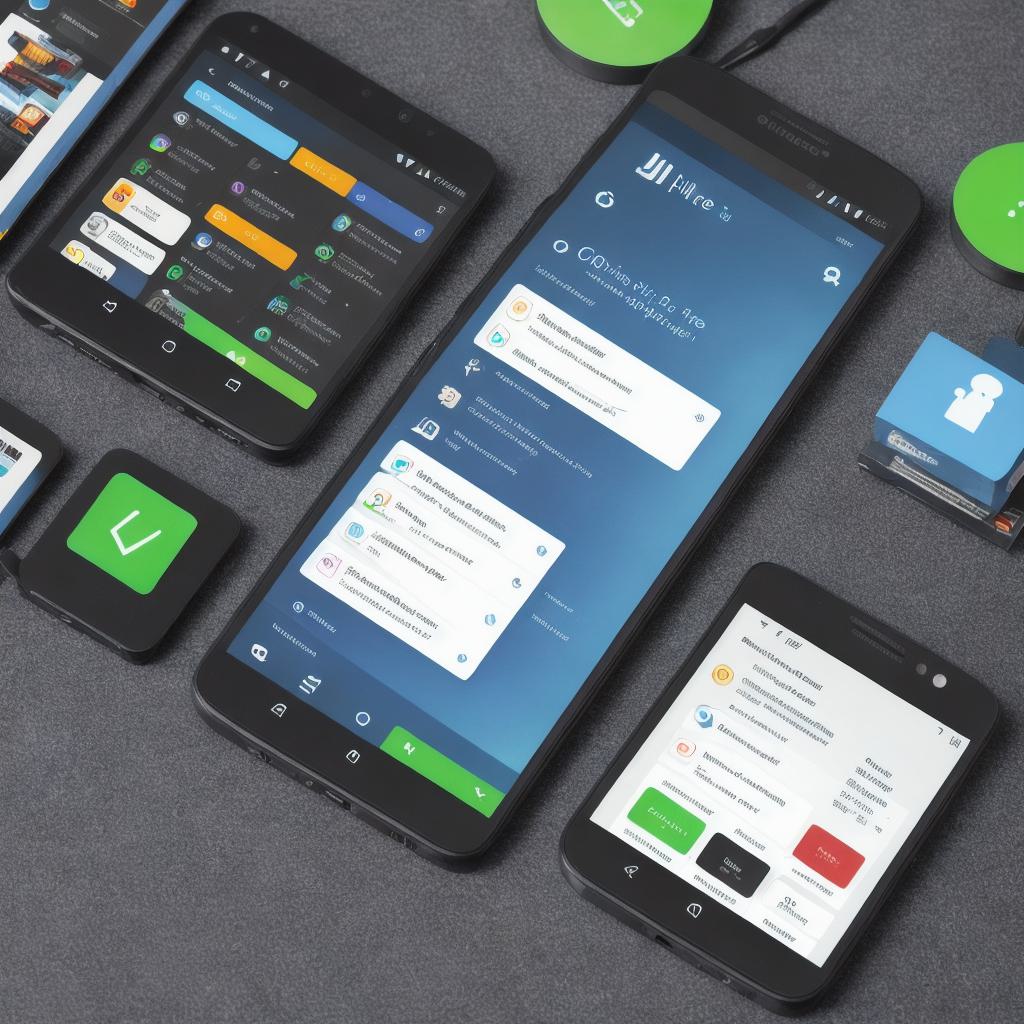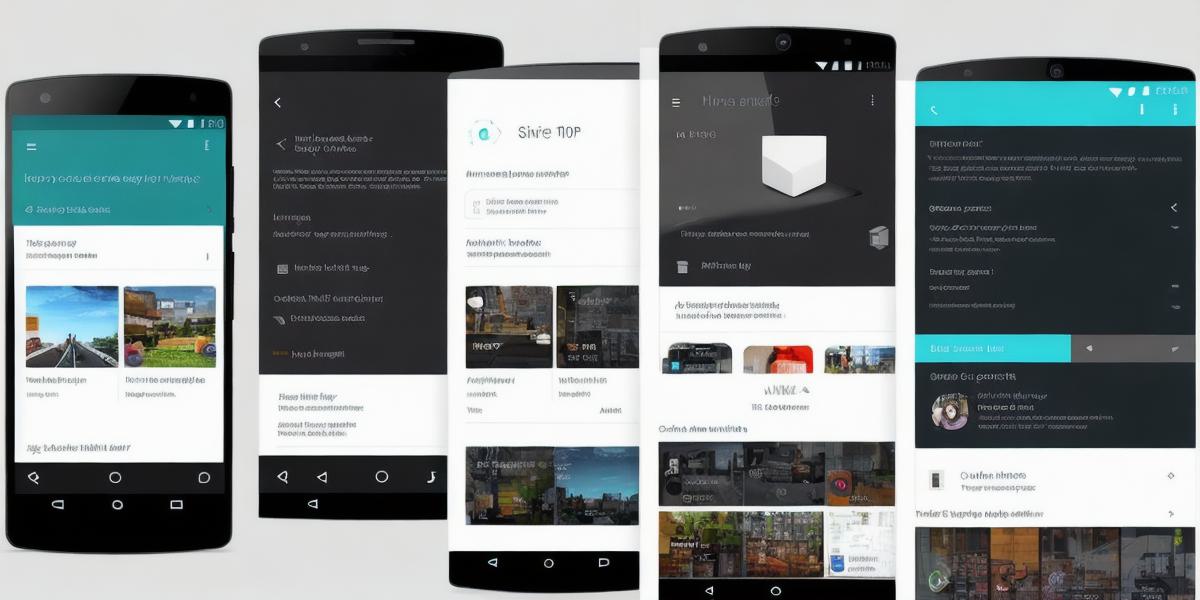Android app development has become an integral part of businesses worldwide, offering a unique blend of functionality and accessibility to mobile users. However, the choice between native and hybrid app development is still a topic of debate among developers and business owners alike. In this article, we will explore the benefits and drawbacks of hybrid Android app development, as well as how it can help you make an informed decision for your business needs.
Benefits of Hybrid App Development
- Faster Time-to-Market
Hybrid app development offers a faster time-to-market compared to native app development. This is because hybrid apps can be developed using web technologies, which are already widely used and well-established. As such, developers have access to a large pool of talent and resources, making it easier to develop an app quickly.
- Cost-Effective
Hybrid app development is often more cost-effective than native app development, as it requires fewer resources to develop and maintain. Hybrid apps can also be easily updated and maintained without the need for extensive testing or code changes.
- Cross-Platform Compatibility
One of the biggest advantages of hybrid app development is cross-platform compatibility. With a single codebase, developers can create an app that works seamlessly on multiple platforms, including iOS, Android, and web browsers. This eliminates the need for separate development efforts for each platform, saving time and resources.
- Improved User Engagement
Hybrid apps often offer improved user engagement compared to native apps. This is because hybrid apps can be developed using HTML5 technologies, which are designed to provide a seamless user experience across all devices. Additionally, hybrid apps can easily integrate with social media and other third-party platforms, providing users with a more engaging and interactive experience.
Drawbacks of Hybrid App Development
- Limited Functionality
While hybrid apps offer many benefits, they also have some limitations in terms of functionality. For example, hybrid apps are often limited in their ability to access device-specific features such as GPS and camera. Additionally, hybrid apps may not be able to take full advantage of the latest hardware and software technologies available on Android devices.

- Slower Performance
Hybrid apps can sometimes be slower than native apps, particularly when it comes to loading times and app performance. This is because hybrid apps rely on web technologies, which are generally less optimized for mobile devices than native code.
- Limited Customization
While hybrid apps offer some degree of customization, they may not be able to match the level of customization available in native app development. This can be a limitation for businesses that require highly customized apps with unique features and functionality.
Case Study: Uber
Uber is one of the most successful hybrid app companies in the world. The company developed its app using HTML5 technologies, which allowed it to create an app that works seamlessly on multiple platforms. Additionally, Uber’s app offers a highly engaging and interactive user experience, with features such as real-time tracking and live updates on ride progress.
Conclusion
In conclusion, hybrid Android app development offers many benefits for businesses looking to develop mobile apps quickly and cost-effectively. However, it also has some limitations in terms of functionality and performance that must be carefully considered before making a decision. Ultimately, the choice between native and hybrid app development will depend on your business’s unique needs and requirements.
